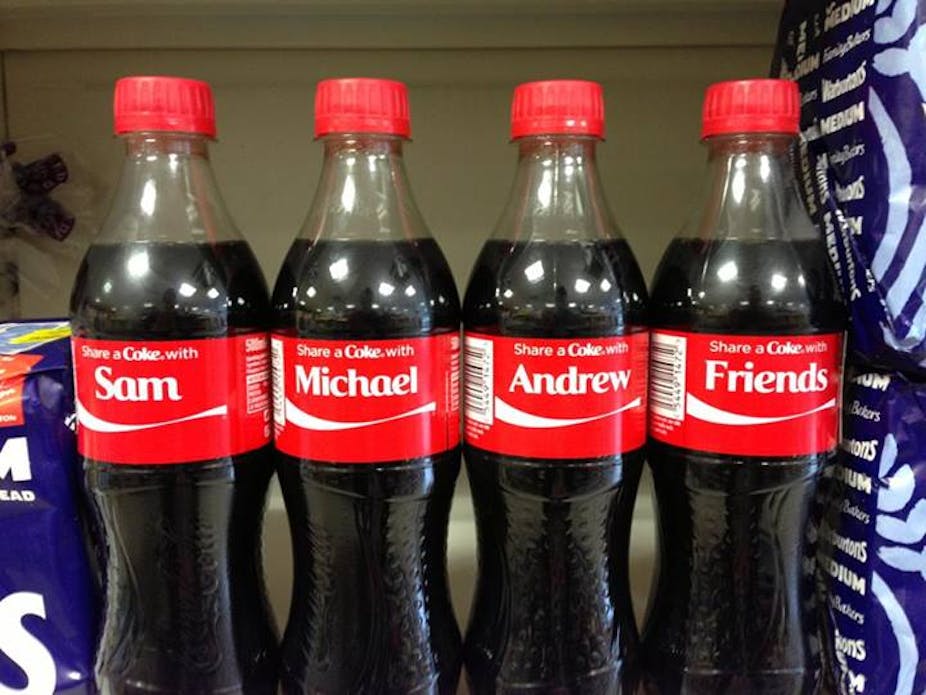We all have that Facebook contact (if not, in the old sense of the word, friend) who is subject to oversharing. Incessant updates about relationships, jobs, holidays; very public demonstrations of affection; insistent “liking”: the site is full of serial offenders. But for most, this generally amounts to a minor annoyance or something to laugh about. A recent study, however, has argued that sharing photographs on Facebook can, and does, have a direct impact on our personal relationships offline too.
As part of the study, Facebook users were quizzed on how supported by, and how intimate with, they felt towards other users. They then logged how frequently these users posted photographs.
Figures taken from users all over the globe showed that sharing more photos of events led to a decrease in intimacy among partners. Similarly, sharing photos of friends also tended to have a negative impact on the quality of relationship with a close friend.
“We found that quite a small amount of information could impact on relationships,” David Houghton, who led the research, said. “Generally, people are increasingly aware of what they post and some of its potential effects, but can often overlook the extent to which the information can flow, and just how great the impact might be.”
Researchers also suggest that big brand advertising campaigns, like Coca Cola’s current “Share a coke with a friend”, that encourage people to post photographs of themselves with the product on Facebook risk damaging the relationships between their “fans”.
“Small changes in the content of photos we post can have different consequences for our personal relationships”, said David. “So when interacting with brands via Facebook we need to be careful about what we’re sharing and who could potentially see it. Think twice, post once.”
However, Sharon Coen, a specialist in Media Psychology, points out that the methodology of the report could be flawed. “The authors only find interaction between types of photos and closer relations, such as friends, partners, and family members,” she said. “They do not find any interaction between type of photos and more distant relations. It is likely that if I ask someone to think of a colleague, s/he will think of the person who shares most photos as they are more available in their memory. And, being colleagues, they will also say that they are not intimate or do not share emotional support with that person.”
“In this light, the study can be interpreted simply as a measure of bias in memory and salience: for example, it could be that if I do not feel supported by my partner, I will tend to overestimate the number of photos s/he shares which portray friends.”
Sue Thomas, who has written widely on social media and transliteracy, similarly doubts the extent to which the research implies that sharing photographs on Facebook really could damage relationships. “Although online relationships were initially found strange,” she commented, “it and photo sharing are now a well-known and widely-understood thing.
"There are, of course, occasional social gaffes when photos are shared inappropriately, but for the most part users seem to understand the conventions.”
“In my view this is no different than in offline relationships where some people are less discreet than others. We know how to deal with such behaviour offline and I imagine similar caution may be applied online when necessary.”
“In other words, this study is typical of many which seek to generate moral panic from social media by highlighting behaviours which have always existed in the ‘real world’ and implying they are somehow more dangerous and destructive in virtual life.”
There’s no doubt, then, that Facebook users should watch what they share online. But they should watch out for how much they share the old-fashioned way, too.

